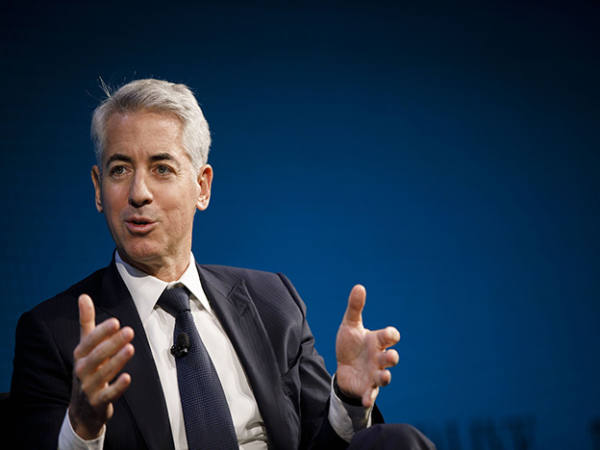- The energy crisis is going to get worse
- Why isn’t Centrica rallying?
- Lots of idea-generating content
A long heatwave and a bitter leadership election have stolen the headlines of late. But it feels safe to assume that within a few weeks, the energy crisis will be back on the front pages.
This is because two ongoing trends are likely to escalate in painful ways.
First, Russia appears set on further weaponizing energy and choking off gas supplies to Europe. As demand for home heating increases into the autumn and winter, odds are Putin will test the resolve of Germany and seek leverage over the European Union.
Although the mix of the UK’s energy supplies shields it from the worst threats to the continent, it is not immune to market forces. Which brings us to our second trend: more domestic price hikes.
By October, the household energy price cap is on course to jump 65 per cent. By that point a typical household – which only just saw its annual bill rise 54 per cent to £1,971 – can expect to pay £3,240 a year, until it rises again in January. This is according to a high conviction estimate from Cornwall Insights, which has correctly called the upward march in domestic energy prices so far this year.
How the new prime minister will then respond is not guaranteed. But with existing rebates and subsidies by then used up, and public discontent mounting, it is increasingly likely the windfall tax on North Sea producers will be expanded to utility providers. Rishi Sunak, now a candidate for the top job, hinted as much when he launched the policy in May.
For investors in utility groups, this is an odd moment. While gas and wholesale electricity prices are rocketing and likely to offset any demand destruction, levies could take chunks out of profits. Nowhere is this more pronounced than in the shares of British Gas parent Centrica (CNA), which are up a mere 8 per cent since Russia's invasion of Ukraine, despite a 50 per cent hike in 2022 consensus earnings per share (EPS) estimates to 12p over the same period.
Although the group has smartly resisted crowing about rising margins, it did confirm this year’s adjusted EPS number was trending toward 10.8p (versus 4.1p in 2021) in early May. A fortnight later, the shares dropped after it was reported the Treasury was considering lumping in electricity companies and their “extraordinary profits” to the windfall tax.
While Centrica is already exposed to the producer levy through its ownership of gas production, the potential damage to non-hydrocarbon profits is harder to call. Analysts at RBC have tried. They reckon profits from non-hedged nuclear output – equal to more than 3p of consensus EPS – might be considered ‘windfall’.
Despite the threats, the City has not responded with downgrades. Figures for 2023, when energy market tightness is expected to worsen still, are blissfully unaffected, too. FactSet-compiled EPS now stands at 14.2p, putting the stock on six times next year’s profits.
Of course, there are lots of non-tax reasons to avoid Centrica's shares. These include low margins, recruitment issues, rising salary costs, the inherent cyclicality and volatility of energy markets, a high rate of boardroom churn, a history of strategic flip-flops, 2016’s dilutive rights issue, ESG concerns and the effective re-regulation of the sector since the 2019 implementation of a tariff cap.
But it is also clear Centrica has an enormous role to play in Britain’s bid to achieve energy security and independence. In its backing for the Sizewell C nuclear reactor in Suffolk, and an offer to reopen the country’s largest gas storage facility in Rough, the company has two major chips. More details on investment plans are likely when half-year numbers are released next week.
Once investors look beyond the tax headlines, they may soon conclude that Centrica is one of the long-term answers to the energy crisis. They might also start to view Morningstar’s 120p ‘fair value’ assessment of the shares as modest.










